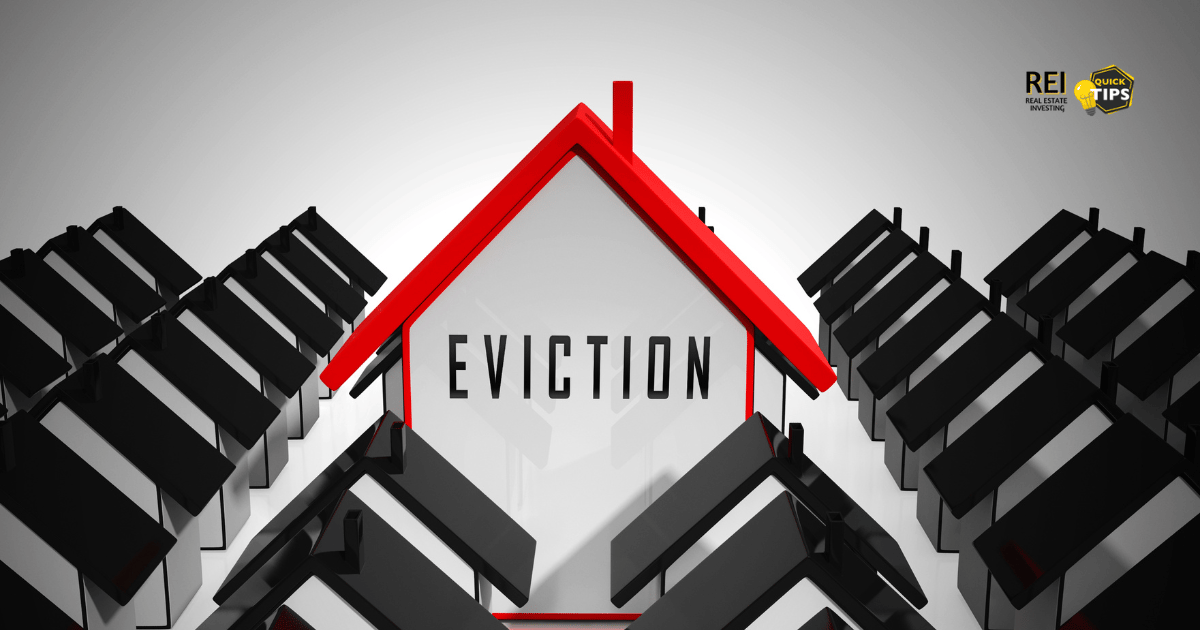Stay up-to-date with AI
The Rundown is the most trusted AI newsletter in the world, with 1,000,000+ readers and exclusive interviews with AI leaders like Mark Zuckerberg, Demis Hassibis, Mustafa Suleyman, and more.
Their expert research team spends all day learning what’s new in AI and talking with industry experts, then distills the most important developments into one free email every morning.
Plus, complete the quiz after signing up and they’ll recommend the best AI tools, guides, and courses – tailored to your needs.

What Are the Legal Considerations When Evicting a Tenant?
Evicting a tenant isn’t like asking someone to leave a dinner party—it’s a legal action, and if you get it wrong, it can cost you big.
Whether you're a seasoned landlord or just bought your first rental, here are the legal basics you need to know before serving that notice.
🧾 1. Check Your Lease First
Yes, that document you had them sign matters now more than ever. Make sure:
The lease clearly spells out rules, rent amounts, and timelines
The lease violation you’re citing is legit (nonpayment, damage, illegal activity, etc.)
You aren’t violating any early termination clauses you agreed to
📍 2. Know Your State (and Local) Laws
Eviction laws vary wildly:
Notice periods can range from 3 to 60 days
Some cities require “just cause” eviction laws—you need a legally valid reason to evict
Rent-controlled areas can limit your options entirely
Always check local ordinances, not just state law.
📢 3. Serve the Right Notice the Right Way
You can’t just text “you’re out.” Depending on your state, notices may need to be:
Physically posted on the door
Mailed and posted
Delivered via certified process server
Use the exact notice type required:
Pay or quit
Cure or quit
Unconditional quit
⚖️ 4. Don’t Self-Evict (Seriously)
Locking them out? Turning off utilities? Dumping belongings?
Illegal. And it can trigger:
Lawsuits
Fines
Delays in actual eviction
Let the court system do its job—even if it’s slow.
🏛️ 5. Be Prepared to Go to Court
If the tenant doesn’t leave, you’ll need to:
File for unlawful detainer
Show up with documentation (lease, payment records, photos, notices)
Be calm, factual, and professional
If granted, you’ll get a writ of possession—then the sheriff handles removal.
🚫 Bottom Line
Evictions are high-stress legal landmines. Do it right, and you regain control of your property. Do it wrong, and you could be writing checks to your former tenant’s attorney.
Pro Tip: If in doubt, hire a local eviction attorney. It’s cheaper than doing it twice.


